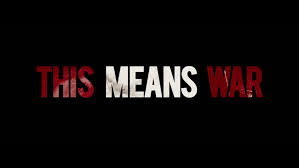记忆方法
将“means”与“me”和“we”相结合来记忆。想象“me”通过“we”这个团队或集体来实现某些目的,表示“手段”或“方法”的含义。
以上内容由AI生成, 仅供参考和借鉴
中文词源
means 方式,方法,钱财,财富
来自mean,中间的。后形容词做名词,引申词义调解人,调停人,有影响力的人,最终用于指方式,方法,并引申词义钱财,财富。
英语词源
- means (n.)
- "course of action," late 14c., from mean (n.); sense of "wealth" is first recorded c. 1600. Compare French moyens, German Mittel. Phrase by no means attested from late 15c.; means-test is from 1930.
权威例句
- 1. Friendship means understanding, not agreement. It means forgiveness, not forgetting.It means the memories last, even if contact is lost.
- 友情是理解,不是妥协;是原谅,不是遗忘。即使不联系,感情依然在。
- 2. A special locking system means the door cannot be opened accidentally.
- 特殊的锁定系统使门不会被意外打开。
- 3. This proposal is by no means a sure thing.
- 这个提议绝不会理所当然地获得通过。
- 4. He was forceful, but by no means a zealot.
- 他个性坚定,但绝不是什么狂热分子。
- 5. This means smaller banks can cream off big profits during lending booms.
- 这意味着在贷款业务剧增时小银行能够获得大笔利润。

